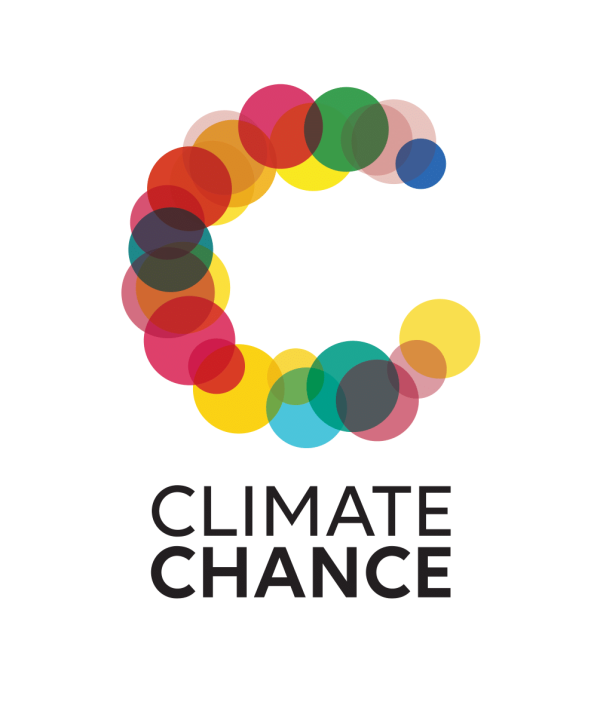Project to support the development of community agroforestry in the Democratic Republic of Congo
Environmental assessment: in this area, it carries out : - Environmental Impact Assessments ; - environmental audits - environmental education and awareness-raising

Overview of the project
(i) the rehabilitation of technical, economic and social infrastructure in the two project areas (Plateaux de Batéké and Bas-Congo); (ii) the development of nurseries and agroforestry plantations; (iii) the production of three million agroforestry seedlings; (iv) the development of 3,500 ha of agroforestry plantations in the two project areas; and (v) the setting up of an agricultural cooperative in each of the project localities with a view to promoting the marketing of agroforestry products from the plantations.
The direct beneficiaries of the project are: (i) the local stakeholders involved in the development of the project and their direct families, estimated at ten thousand (10,000) people in the localities of Nsanda in Bas-Congo and Kinzono in the Batéké plateau.
To implement the project :
– The heads of the village communities had been made aware of the project and had made available to the project plots of land ranging in size from 100 ha to 1,050 ha in a single block;
– All this land, with a total surface area of 3,500 ha, after all the preparatory work financed by the project (stump removal, ploughing and harrowing), was to be divided into plots of 5 ha each and eventually allocated to each of the 700 beneficiary families;
– These beneficiary families were to carry out agro-forestry activities under the technical assistance of CARFAD;
– As the 5 ha was large enough for one family to be able to carry out the work alone, a temporary workforce was to be recruited and paid by the project to support each of these families on their plot; even the beneficiary families were to be paid the same as the labourers recruited.
Reducing deforestation and poverty in the Democratic Republic of Congo.
Ongoing research
12-06-12 / 28-02-15
449 families were identified and informed about the practice of agroforestry
912,005 seedlings were produced, including 885,485 forest seedlings and 26,520 fruit seedlings.
1,149.5 ha of land had been prepared (stump removal, ploughing and harrowing) on eight (08) plantation sites
1,032 ha of agro-forestry plantations planted by 207 families
Degraded areas in the project area have been restored.
The agroforestry plantations established are performing well and are now used for beekeeping.
The project was financed by a €5,999,960 grant from the Congo Basin Forest Fund through the African Development Bank (AfDB).
organisation
Environmental assessment: in this area, it carries out :
– Environmental Impact Assessments ;
– environmental audits
– environmental education and awareness-raising
– project management.
Sustainable forestry: In this field, he is particularly interested in :
– Forest governance;
– Community forestry
– Forest certification;
– Combating poaching.
– etc.
agroforestry: In this section, CARFAD promotes agroforestry, i.e. the association of trees with food crops.
Climate change: Here, CARFAD supports municipalities and communities in the REDD+ process.


